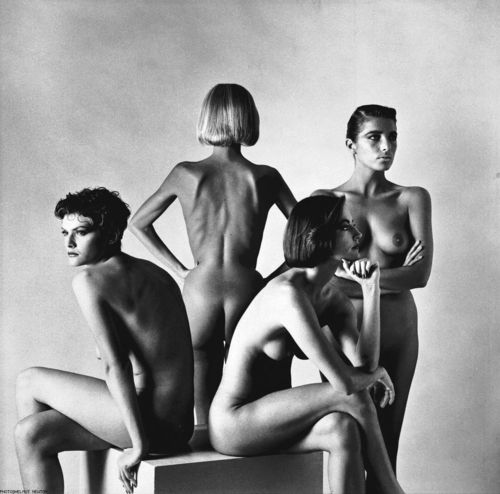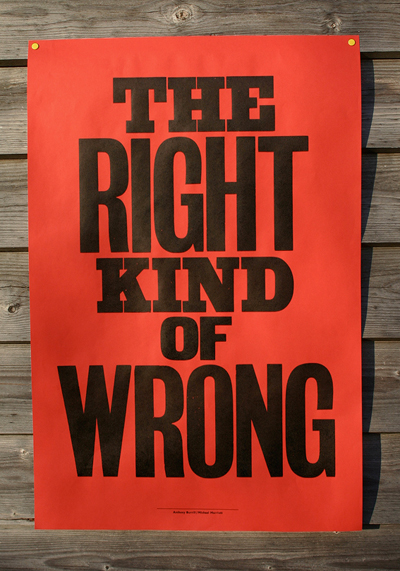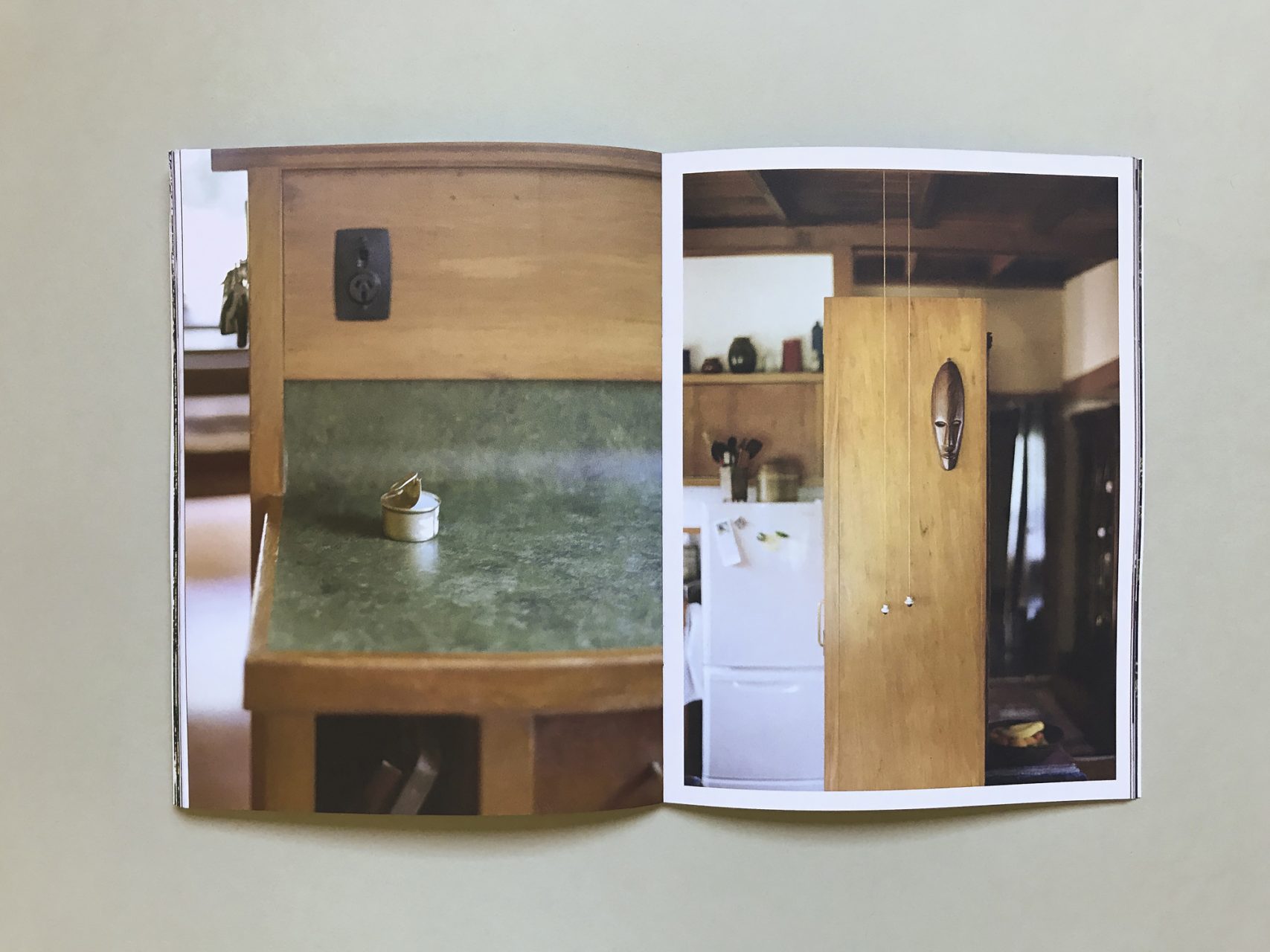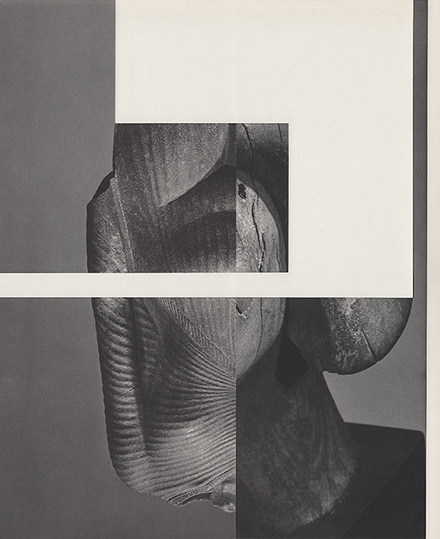Right/Wrong
‘The Right Kind Of Wrong’ by Anthony Burrill
Excert below from ‘It’s not how good you are, It’s how good you want to be’ by Paul Arden
It’s wrong to be right. Being right is based upon knowledge and experience and is often provable. Knowledge comes from the past, so it’s safe. It is also out of date. It’s the opposite of originality.
Experience is built from solutions to old solutions and problems. The old solutions are probably different from the present ones, so that old solution will have to be bent to fit the new problem (and possibly fit badly). Also the likelihood is that, if your’ve got the experience, you’ll probably use it.
This is lazy.
Experience is the opposite of being creative.
If you can prove your right, you’re set in concrete. You cannot move with the times or with other people. Being right is also being boring. Your mind is closed. You are not open to new ideas. You are rooted in your own rightness, which is arrogant. Arrogance is a valuable tool, but only if used sparingly. Worst of all, being right has a tone of morality about it. To be anything else sounds weak or fallible, and people who are right would hate to be thought fallible.
So: it’s wrong to be right, because people who are always right are rooted in the past, rigid-minded, dull and smug. There’s no talking to them.
It’s right to be wrong. Start being wrong and suddenly everything is possible. You’re in the unknown. But of course, there is a risk. People worry about suggesting stupid ideas because of what people might think. Risks are a measure of people. people who won’t take them are trying to preserve what they already have. People who do take them often end up having more.
Some risks have a future, and some people call them wrong. But being right may be like walking backwards proving where you’ve already been. being wrong isn’t in the future, or in the past. Being wrong isn’t anywhere but being here. Best place to be, eh?










